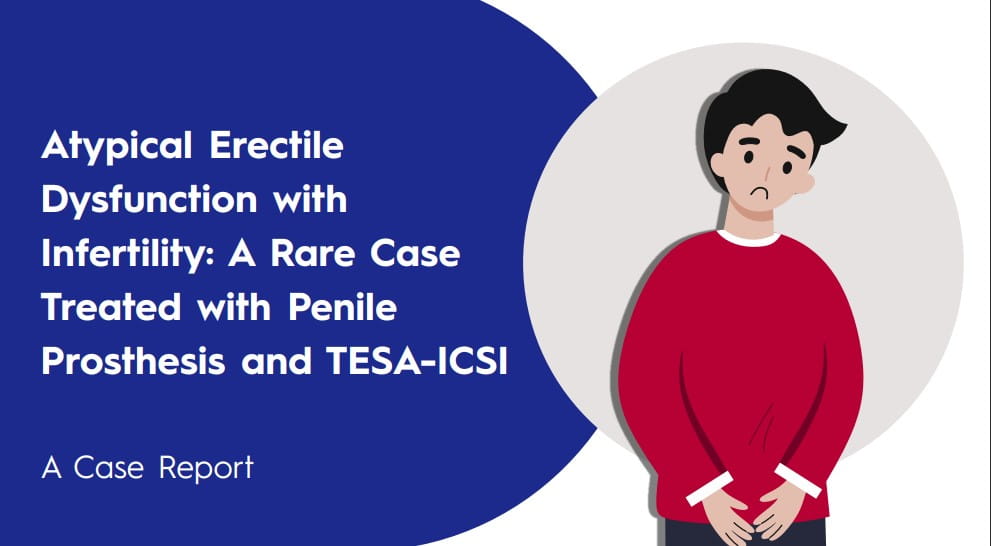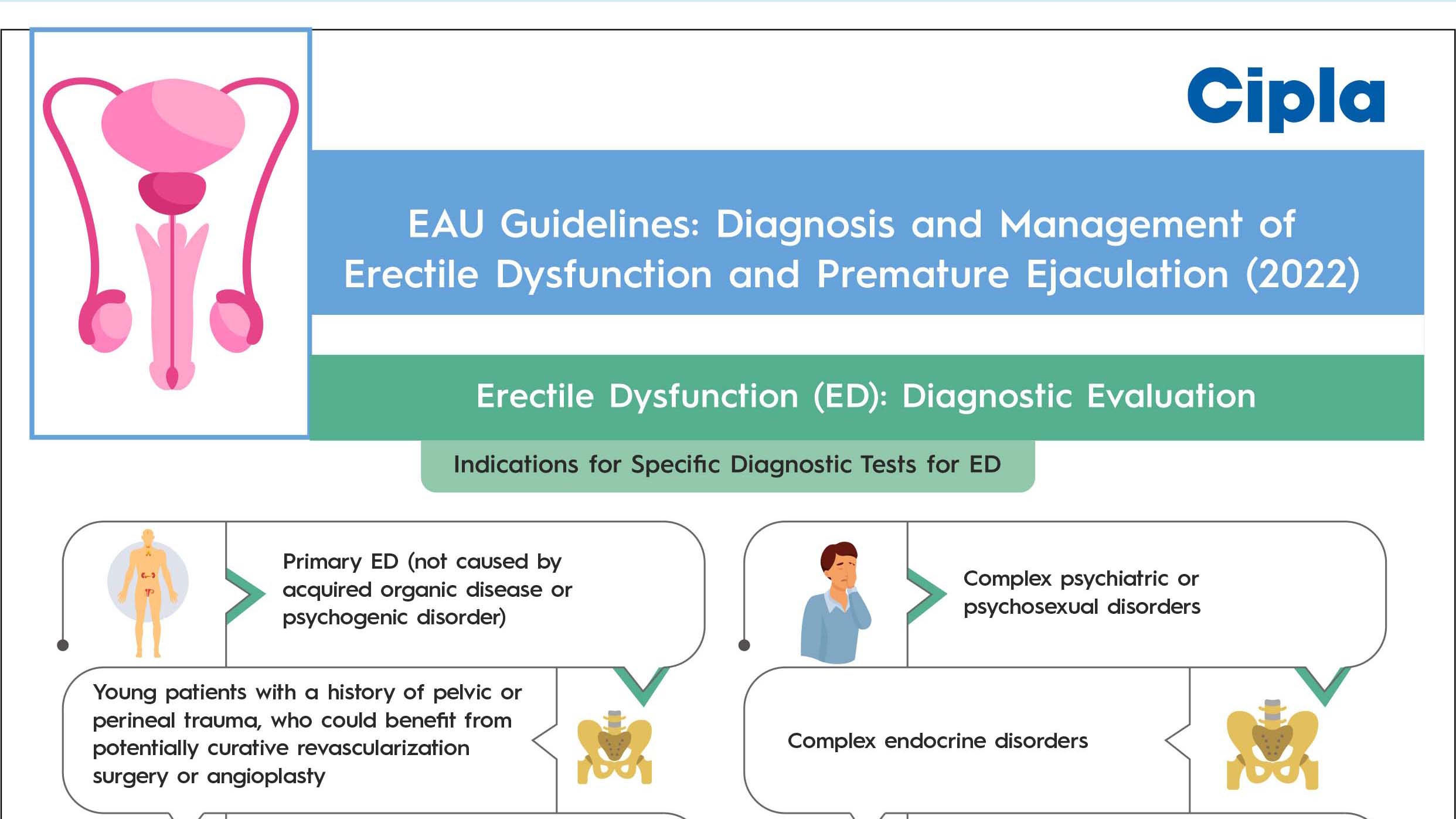SIU 2024: (SYMP-17) Global Andrology Forum (GAF) Symposium: Case Discussions in Andrology - Common Infertility Problems Encountered by Urologists
Speaker: Dr. Vinit Motra (Delhi), Dr. Priyan Kotari (Mumbai), Dr. Goen Colleag (Turkey), Dr. Haam Alberi (Qatar), Dr. Sha Lampos (Greece), Dr. Rupin (India)
Important Takeaways
-
Comprehensive Assessment: Essential in male infertility, involving history, physical examination, and diagnostic tests (semen analysis, hormonal profile, scrotal ultrasound).
-
Cystic Fibrosis (CF): Suspected in non-palpable vas deferens or low semen volume; CFTR genetic testing is recommended.
-
Varicocele Management: Treatment depends on patient’s age, testicular size, and reproductive goals, with surgical or conservative options.
-
Sperm Retrieval Techniques: TESA or micro-TESE chosen based on pathology (e.g., obstructive vs. non-obstructive azoospermia).
-
Post-Operative Care: Long-term follow-up and possible testosterone replacement therapy (TRT) needed after micro-TESE to address hypogonadism risks.
Case Highlights
Case 1 - Non-Palpable Vas Deferens & CF:
Azoospermia patient with vas aplasia diagnosed with CF through CFTR testing. Scrotal ultrasound is unreliable for confirming vas aplasia.
Case 2 - Low Volume Ejaculation & Retrograde Ejaculation:
Proper semen collection and post-orgasmic urine analysis are crucial to differentiate between true and pseudo-ejaculate.
Case 3 - Obstructive Azoospermia – Ejaculatory Duct Obstruction:
MRI and TRUS helped identify cystic obstructions; TURED surgery discussed for obstruction relief while minimizing complications like epididymitis.
Case 4 - Non-Obstructive Azoospermia (NOA) & Varicocele:
Hormonal treatment suggested before micro-TESE, though varicocelectomy may not always improve sperm production in severe NOA cases.
Case 5 - Failed IVF & Post-Varicocelectomy Azoospermia:
Repeat TESE recommended after varicocelectomy with hormone optimisation. TRT may be required after multiple micro-TESE attempts.
Conclusion:
Personalised treatment plans balancing interventions, hormonal management, and sperm preservation are key for infertile males. Proper counseling and setting realistic expectations are essential, especially for patients undergoing repeated sperm retrieval or IVF. Lifestyle changes, particularly weight loss, play a crucial role in improving outcomes for obesity-related infertility.
Société Internationale d'Urologie Congress, 23-26 October 2024, New Delhi, India.




